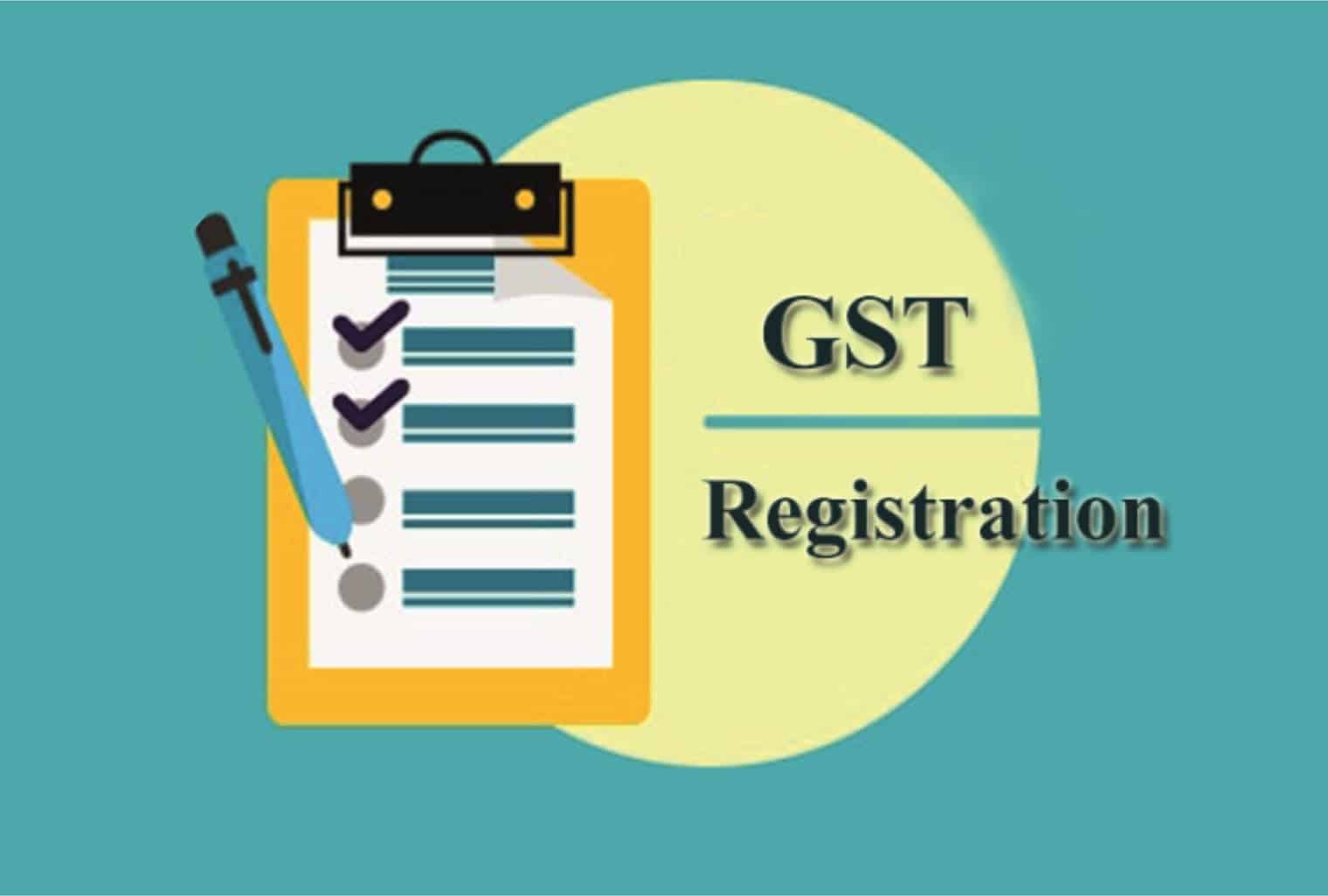Comprehensive Overview to the very best GST Registration Services in Singapore
Comprehensive Overview to the very best GST Registration Services in Singapore
Blog Article
From Beginning To End: The Ultimate Roadmap to GST Enrollment for Services Looking For Financial Stability
Navigating the complexities of Product and Services Tax (GST) registration is a critical step for organizations pursuing economic stability. From understanding the basic principles of GST to abiding by post-registration standards, the procedure can seem daunting at initial look. Breaking down the roadmap right into convenient steps can simplify the enrollment journey for services looking to improve their monetary standing. Allow's check out the crucial elements that compose this ultimate roadmap and discover exactly how each phase adds to laying a strong foundation for economic success.
Recognizing GST Fundamentals
Looking into the essential concepts of Item and Solutions Tax Obligation (GST) is vital for gaining a detailed understanding of its implications on organizations and the economic situation. GST is a value-added tax imposed on the majority of products and services for domestic consumption. It has replaced multiple indirect tax obligations that existed in the pre-GST age, simplifying the tax structure and boosting ease of doing service in India. Under the GST system, both solutions and items are exhausted at a particular rate, which is figured out based on their classification. Organizations are required to register for GST if their annual turnover exceeds the threshold restriction set by the government. Input Tax Credit Report (ITC) is a considerable function of GST, enabling organizations to declare credit rating for tax obligations paid on inputs, decreasing the general tax obligation problem. Understanding the essentials of GST is important for businesses to abide by tax obligation regulations, manage their finances effectively, and contribute to the nation's economic development by taking part in a clear tax system.
Eligibility Criteria for Enrollment
As of the existing policies, the threshold restriction for GST registration is a yearly aggregate turn over of 40 lakhs for organizations running within a state, except for unique group states where the limit is 20 lakhs. Furthermore, certain companies are called for to register for GST regardless of their turn over, such as interstate providers, casual taxable persons, and services liable to pay tax obligation under the reverse charge system. It is vital for companies to thoroughly assess their turnover and transaction kinds to identify their GST enrollment commitments properly.
Papers Needed for Enrollment
Having satisfied the eligibility requirements for GST registration, businesses need to currently guarantee they have the requisite files in position to wage the registration process successfully. The files required for GST enrollment usually include evidence of organization constitution, such as collaboration action, enrollment certificate, or incorporation certification for different sorts of businesses. In addition, services require to provide files developing the primary business, such as a rental arrangement or electrical power expense. Frying pan card of business, as well as the identification and address proof of promoters/partners/directors, are important for confirmation objectives. Savings account statements, along with terminated cheques or a copy of the bank passbook, are needed to validate the financial details see offered during registration. Services have to have electronic trademarks prepared for the authorized signature. Guaranteeing all these records are arranged and easily available will speed up the GST enrollment process, enabling businesses to follow tax guidelines flawlessly.
Step-by-Step Enrollment Process
Starting the GST registration procedure includes a series of structured actions to guarantee a seamless and certified enrollment for companies. The primary step is to check out the GST site and complete the enrollment form with exact information of business entity. Following this, the applicant gets a Short-term Recommendation Number (TRN) which is made use of to return to the application process if it's not completed in one go.
Following, all required records as per the list offered by the GST portal need to be submitted. These files generally include proof of service address, registration and identity evidence of marketers, monetary declarations, and organization entity's frying pan card.

Post-Registration Compliance Guidelines

Verdict
In final thought, organizations looking for economic stability should comprehend the fundamentals of GST, meet qualification requirements, collect needed papers, follow the step-by-step registration process, and abide by post-registration guidelines - Best GST registration services in Singapore. By sticking to these actions, businesses can guarantee conformity with tax obligation guidelines and keep economic security in the future
In addition, certain companies are called for to register for GST irrespective of their turn over, such as interstate suppliers, casual taxable persons, and organizations liable to pay tax obligation under the reverse fee mechanism.Having met the eligibility standards for GST enrollment, services should currently ensure they have the requisite files in location to proceed with the enrollment procedure efficiently. The documents required for GST enrollment normally include evidence of service constitution, such as collaboration action, registration certificate, or incorporation certificate for view publisher site various types of businesses. In addition, companies need to provide documents developing the primary location of service, such as a rental agreement or power bill.Commencing the GST enrollment process includes a collection of structured actions to make sure a certified and seamless registration for organizations.
Report this page